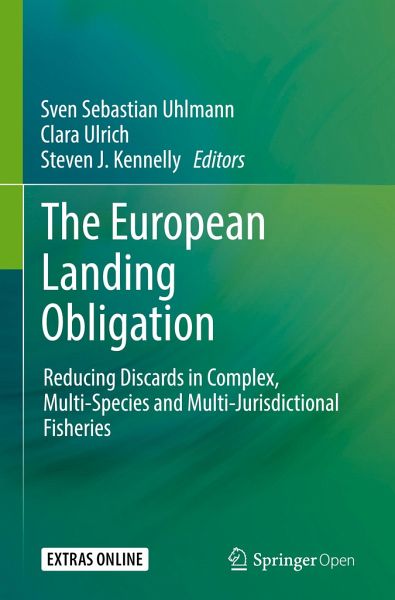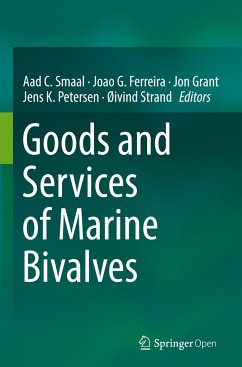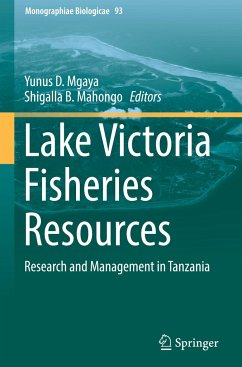
The European Landing Obligation
Reducing Discards in Complex, Multi-Species and Multi-Jurisdictional Fisheries
Herausgegeben: Uhlmann, Sven Sebastian; Ulrich, Clara; Kennelly, Steven J.
Versandkostenfrei!
Versandfertig in 6-10 Tagen
38,99 €
inkl. MwSt.

PAYBACK Punkte
19 °P sammeln!
This open access book provides a comprehensive examination of the European Landing Obligation policy from many relevant perspectives. It includes evaluations of its impacts at economical, socio-cultural, ecological and institutional levels. It also discusses the feasibility and benefits of several potential mitigation strategies. The book was timely published, exactly at the time where the Landing Obligation was planned to be fully implemented. This book is of significant interest to all stakeholders involved, but also to the general public of Europe and to other jurisdictions throughout the w...
This open access book provides a comprehensive examination of the European Landing Obligation policy from many relevant perspectives. It includes evaluations of its impacts at economical, socio-cultural, ecological and institutional levels. It also discusses the feasibility and benefits of several potential mitigation strategies. The book was timely published, exactly at the time where the Landing Obligation was planned to be fully implemented. This book is of significant interest to all stakeholders involved, but also to the general public of Europe and to other jurisdictions throughout the world that are also searching for ways to deal with by-catch and discard issues.












